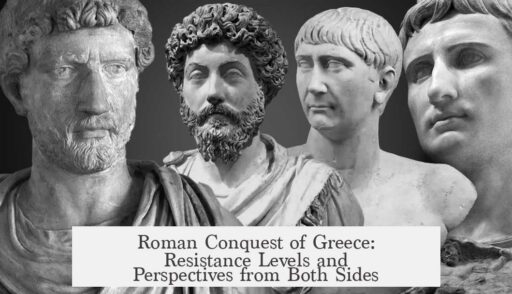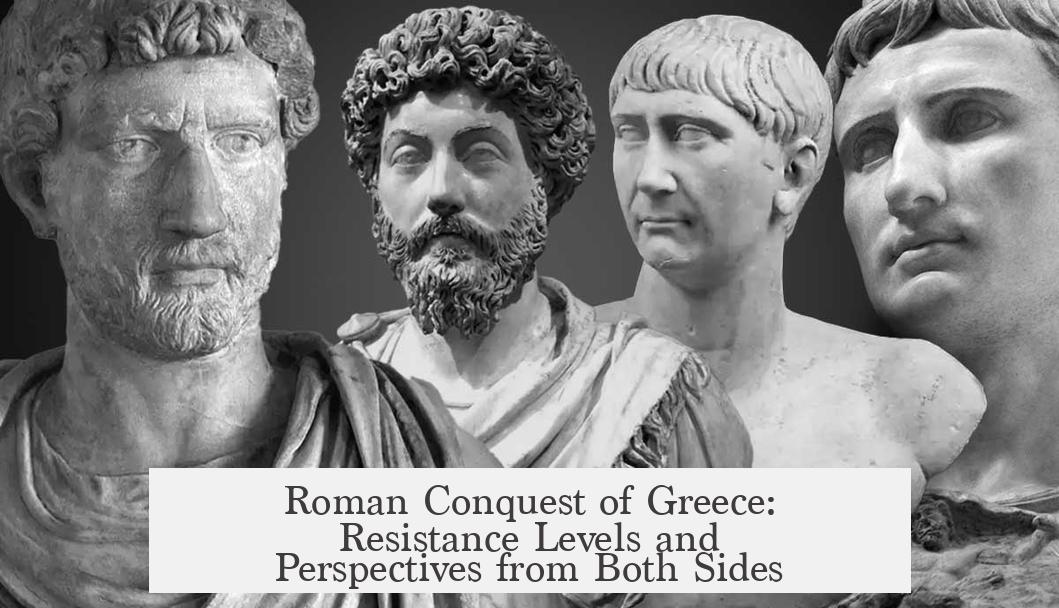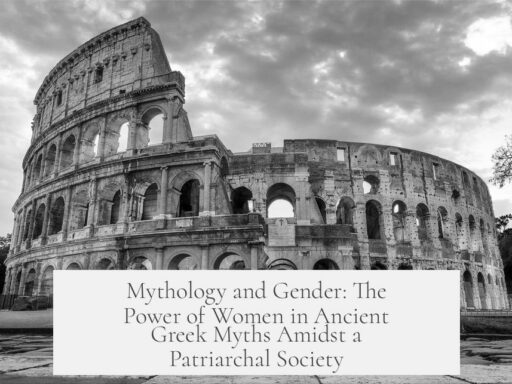The Roman conquest of Greece unfolded over several decades, marked by mixed resistance and complex attitudes on both sides. It began after the Second Punic War ended in 202 BCE and culminated in the decisive sack of Corinth in 146 BCE. Roman control grew gradually, often justified by their conflict against Macedon, an ally of Carthage and a regional power threatening Greek autonomy.
Greek resistance was neither uniform nor immediate. Many Greek city-states sided with Macedon as it sought to dominate the Greek leagues and territories. Others favored alliance with Rome, hoping to preserve their own independence. This divided stance meant that initial opposition to Rome was fragmented and slow to develop into full-scale rebellion.
Rome portrayed itself as the liberator of Greece, leveraging Greek fears of Macedonian domination. This image, however, belied their true intentions: maintaining hegemony over Greece without allowing any single Greek power to grow too strong. Rome ensured its lenient treatment of allies was conditional, creating a dependence on Roman military presence.
After the conclusion of the Second Macedonian War, Rome demanded heavy reparations from Macedon, forced them to retract to previous borders, and denied their Greek allies rights to newly gained territory. This arrangement frustrated Greeks, who contributed heavily to resisting Macedon during the Punic Wars. They expected more recognition or reward, but instead received a warning that Rome controlled Greek affairs and would not tolerate challenges.
This dissatisfaction led Greek allies to seek outside assistance. They invited the Seleucid Empire, under Antiochus III, to intervene against Rome. The Seleucids were defeated, and Rome reinforced its dominance. The treaty that ended this conflict reflected growing Greek unease and the tightening Roman grip.
When Macedon violated its treaty by expanding into Greek lands again, Rome divided it into four smaller states, ruled by Roman-friendly magistrates. This act clearly displayed Rome’s shifting strategy from indirect influence to direct control, unsettling Greek city-states who foresaw a similar fate for themselves.
Eventually, Macedon revolted but faced crushing defeat. Rome transformed Macedon into a formal province, ruled by Roman governors. This heightening dominance alarmed the Greeks, motivating their collective decision in 146 BCE to declare war on Rome. The Romans viewed this as ingratitude after their efforts to fight Macedon and maintain peace.
The war was swift and decisive. Rome dismantled Greek political structures and converted Greek territories into the provinces of Achaea and Epirus. Corinth, a leading Greek city, was destroyed in a brutal sack. This act served as a clear message: resistance to Rome would be met with harsh consequences.
Regarding mutual views, Greeks generally considered Romans as somewhat uncultured militarists, though this was consistent with Greek views of non-Greeks. They doubted Roman cultural refinement but recognized their military efficiency. Romans, for their part, often looked down on Greek political instability and military capabilities. Yet, Rome admired Greek culture deeply, adopting much of it into their society, sparking a cultural renaissance.
A notable example of this cultural blending is Polybius, a Greek historian taken to Rome as a hostage. He chose to stay and influence Roman historiography, demonstrating how Greek intellectuals contributed to Roman culture after conquest.
| Aspect | Greek Side | Roman Side |
|---|---|---|
| Resistance | Gradual and divided, some allied with Macedon, some with Rome | Portrayed self as liberators, imposed control |
| Expectations | Expected rewards for fighting Macedon, wanted independence | Maintained status quo, prevented any Greek dominance |
| Military Actions | Allied with Seleucids, revolted, ultimately defeated | Directly ruled Macedon, suppressed revolts, sacked Corinth |
| Cultural Views | Viewed Romans as uncultured brutes | Dismissed Greek political culture but embraced Greek art and scholarship |
- Roman conquest of Greece was gradual, from 202 to 146 BCE.
- Greek resistance was mixed, evolving slowly into open revolt.
- Rome justified intervention by the Macedonian alliance with Carthage.
- Greek allies expected rewards but faced Roman limitations and dominance.
- Greek invitation to the Seleucids led to further conflict and Roman victory.
- Rome divided Macedon and later incorporated it as a province.
- Greek final rebellion was crushed; Corinth was destroyed as a warning.
- Romans viewed Greeks as culturally sophisticated but politically weak.
- Greeks saw Romans as militaristic but respected their culture to some extent.



